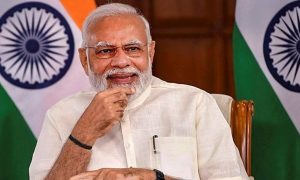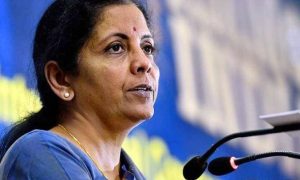The exclusive information accessed by News18 explains the Enforcement Directorate’s late-night legal action and subsequent arrest of the Delhi chief minister on Thursday
Details of using hawala operators to transfer the proceeds to fund elections in Goa and of the hotel where the meetings happened, WhatsApp chats, and FaceTime calls purportedly between Arvind Kejriwal, his close associates, and those accused of taking kickbacks in connection with the alleged excise policy scam — these are part of the exclusive information accessed by News 18, which explains the Enforcement Directorate’s late night legal action and subsequent arrest of the Delhi chief minister on Thursday.
Kejriwal skipped nine summonses by the ED while two cases were filed under Indian Penal Code sections for not complying with them. That along with a host of evidence gathered by the directorate prompted the latest action, News18 has learnt.
The evidence, the letters of the chief minister evading the summonses by calling them “political” and “illegal” and the cases the agency filed against Kejriwal before the court have “emboldened” the directorate and “prepared the ground” for the sternest legal action, a senior ED official told News18.
Significantly, the instances of skipping summonses and repeatedly calling them “politically motivated” have not gone down well with the directorate, said sources. Jharkhand’s former chief minister Hemant Soren made similar attempts and was later arrested.
Read More: IndiaAI: The next steps | The mission outlines plans to build a strong AI ecosystem in the country
BREWING FOR LONG
A senior IPS officer, who earlier served in the Central Bureau of Investigation and Enforcement Directorate, said, “Nobody can call an ED summons or any summons issued by a central or state investigation or law enforcement agency illegal. They cannot judge what is legal or what is illegal. If anyone has a problem or objection with a summons, there are ways for legal redressal. They can move court and get the summons quashed. But until that happens, they have to comply with the summonses.”
The directorate sent nine summonses at regular intervals to the chief minister, seeking his “cooperation” with the investigators, while the CM always “ignored” the summonses and “violated” the rules.
According to sources in the ED, there are proofs, including details of some WhatsApp conversations and FaceTime calls between the accused and the chief minister, or close associates or colleagues of the CM, which indicate the complicity of some senior cabinet ministers of the Delhi government in enforcing the excise policy.
Read More: Election Commission Releases Electoral Bonds Data With Numbers To Match Donors With Parties
HOW IT STARTED: THE ‘EXCISE POLICY SCAM’
In the five-page report, he hinted at alleged procedural lapses in the formulation of the policy. Kumar alleged that “arbitrary and unilateral decisions” were taken by then excise minister Manish Sisodia. He also said the new policy resulted in financial losses to the government exchequer, while some AAP leaders and ministers received “kickbacks”.
The case was taken over by the CBI and Sisodia was arrested in February. The ED then took over the probe to look into the money laundering aspect of the policy.

































